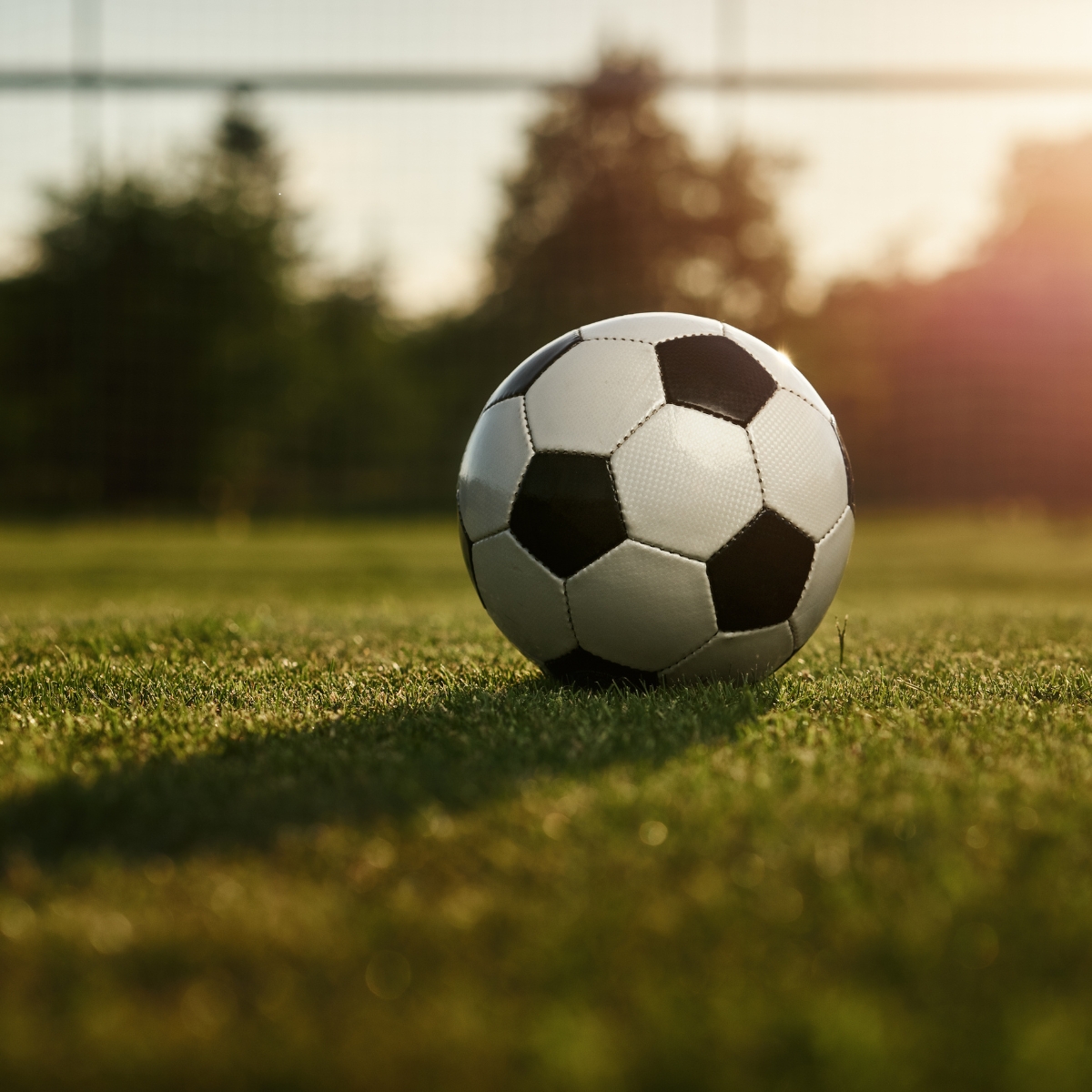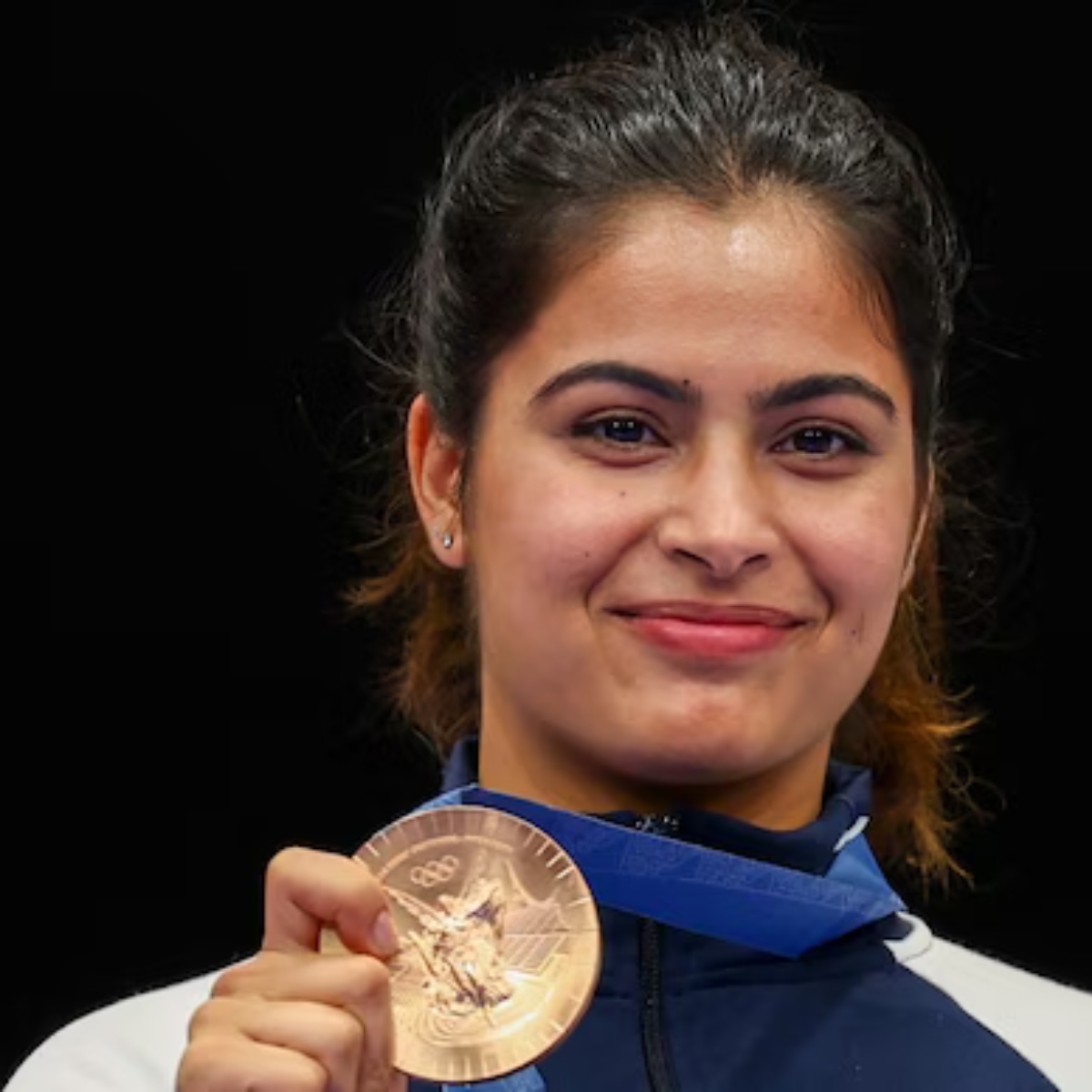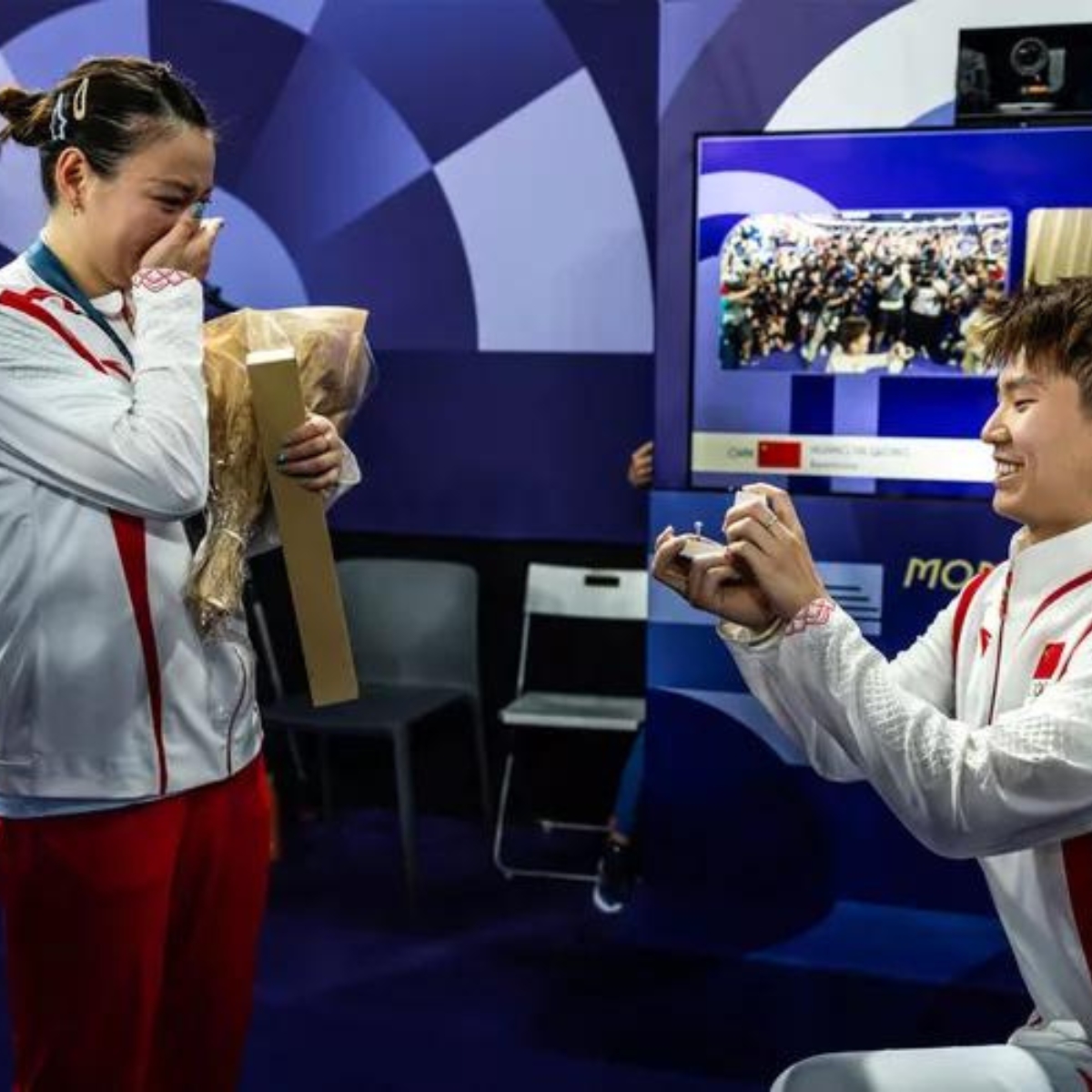Keeping Active and Healthy
Knowing well the prime importance of an active life at older age, pertaining to health and well-being, the involvement in sports can bring several benefits physically, psychologically, and socially. This will improve the quality of life of a maturing person tremendously by increasing their self-esteem. This blog post shall shed some light on how sports can help keep a person active and healthy with age.
Physiological Benefits of Sports in Elderly Breathers
Participation in sports is one of the greatest means of maintaining older citizens physically fit and healthy. This form of regular physical activity improves cardiac health and enhances muscular mass, flexibilities, and balance. These benefits are foremost in minimizing the chances of acquiring chronic diseases like heart disease, diabetes, and arthritis. Such exercises are specially recommended that involve swimming, tennis, and brisk walking. All these exercises exert less or low impact, hence being easy on the joints while building cardiovascular health and enhancing musculoskeletal endurance.
Mental Health and Cognitive Benefits
It can, therefore, enhance mental health through the inclusion of sporting activities. Continuous involvement in sporting activities may therefore result in improved sleeping patterns, stress reduction, and better mental health.
Social Interaction and Community
Sport is a good way of socialising and gives one a sense of community. Participating in a sports club or group offers older adults a chance to meet others and make friends, and carry out social activities. These social contacts support good mental health as they reduce feelings of isolation and loneliness. Especially in team sports, it supports camaraderie and teamwork, hence increasing the supportive environment that helps one to participate regularly and belong.
Adapting Sports for Older Adults
It is possible to scale up or down most sports to suit the needs and capabilities of each senior. Being able to modify rules, features of equipment, and playing surfaces could make sports easier, more accessible, and enjoyable. For instance, walking soccer is a slower game variant of regular soccer—the rate is slower—and it minimizes potential injuries while getting the participants’ blood flowing. In the same line of argument, chair yoga and water aerobics are exquisite options where one can carry out gentle but effective exercise routines for those with mobility limitations.
Conclusion
Sports play an essential role in keeping a healthy and active life as years go by. With the many physical, mental, and social benefits, sports are of great value in graceful aging. Participation of the elderly in sports activities is an addition to quality and health. Whether joining the local sports club, engaging with the community, or just enjoying a daily stroll, staying active in sport is an ideal way to embrace aging and live life to the fullest.







